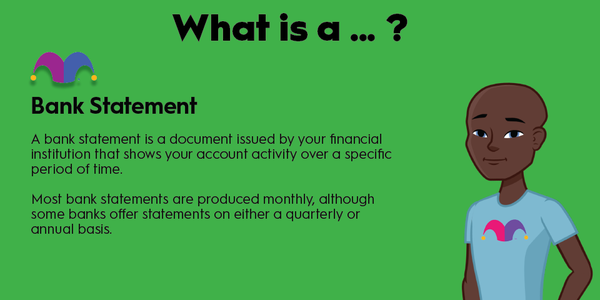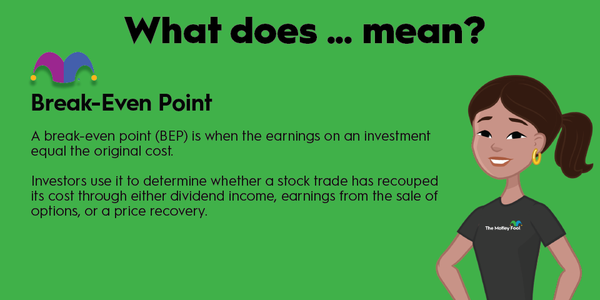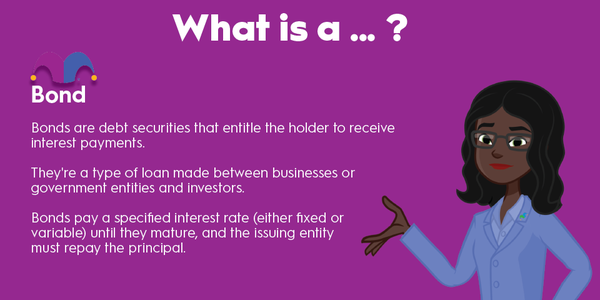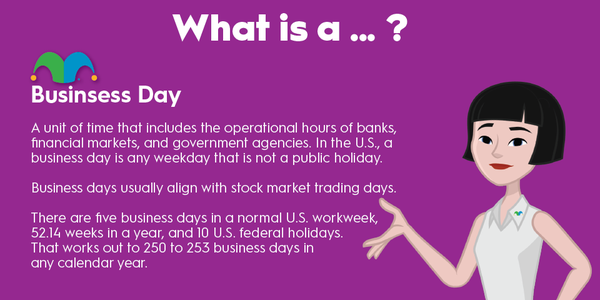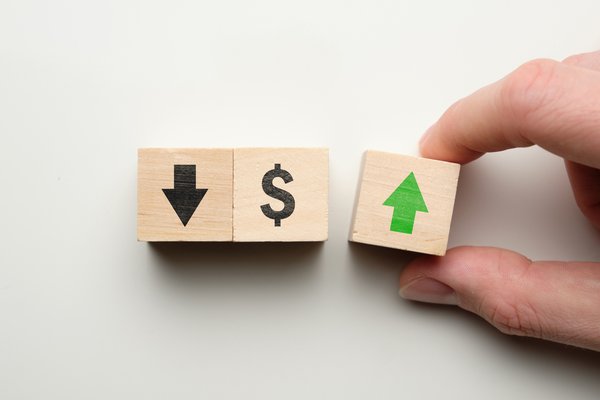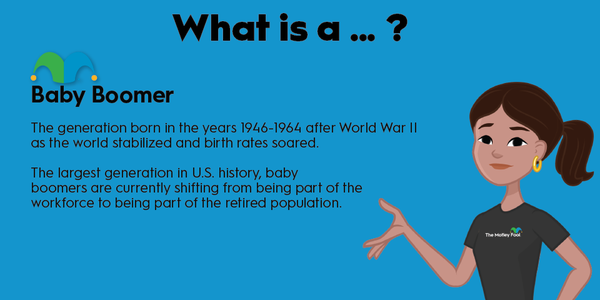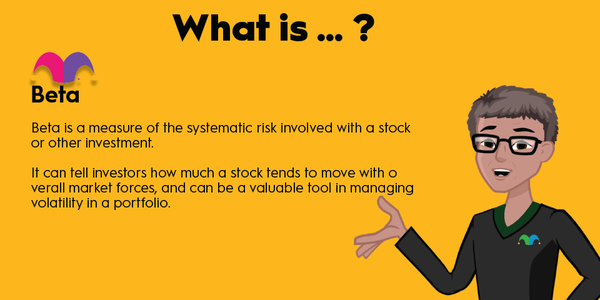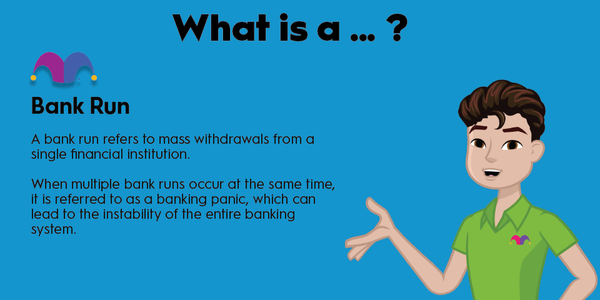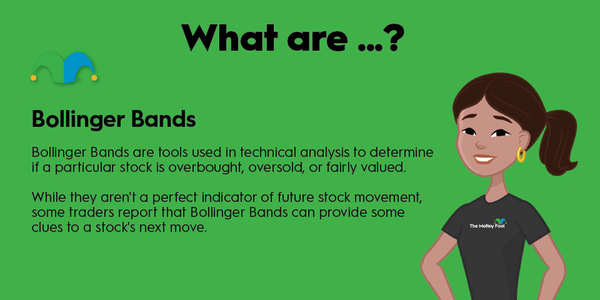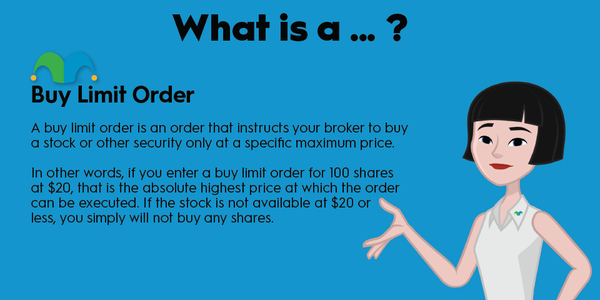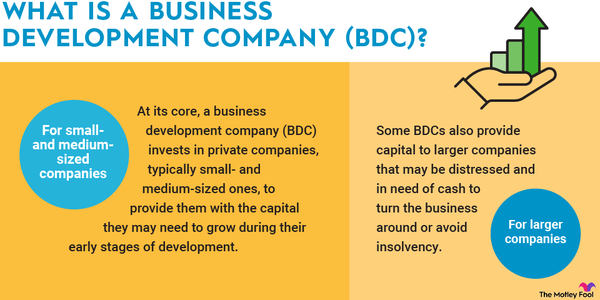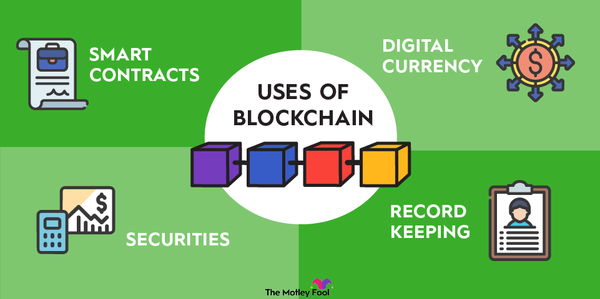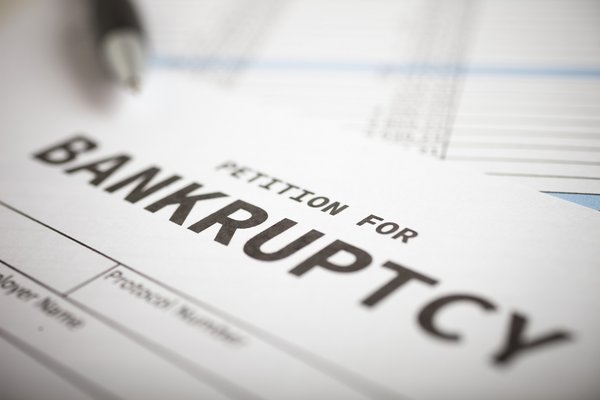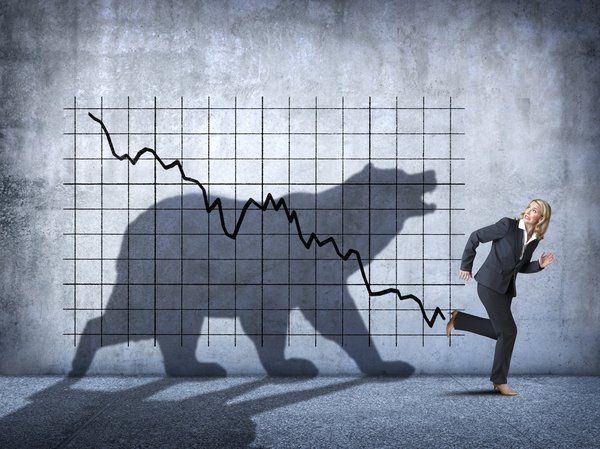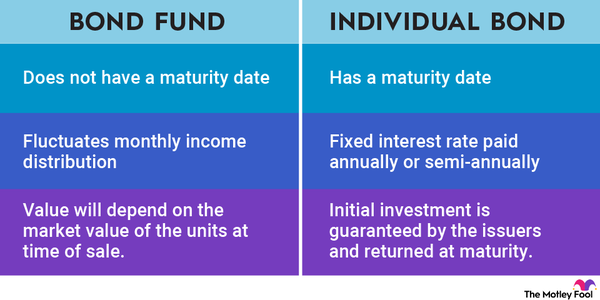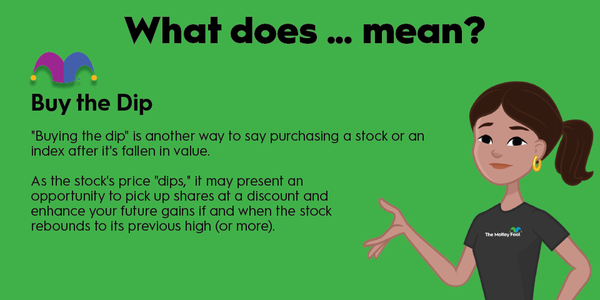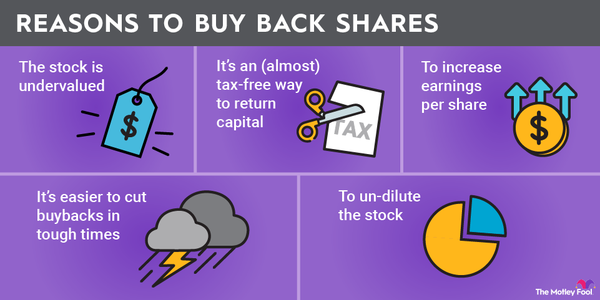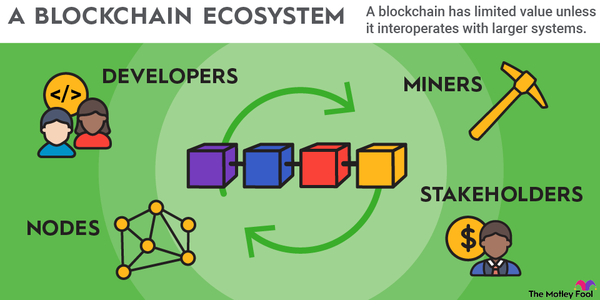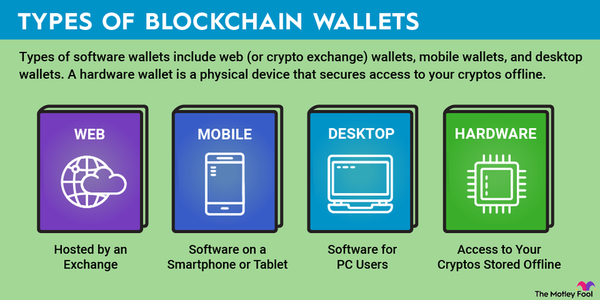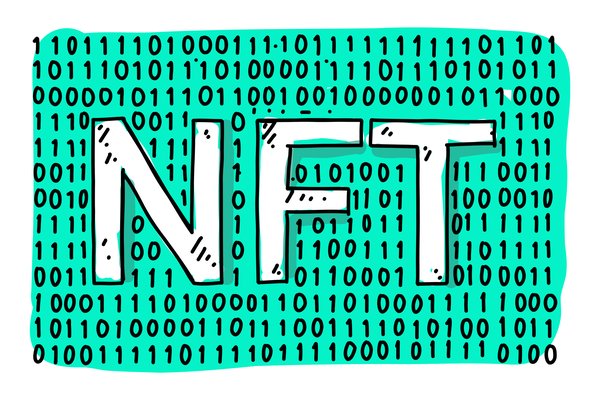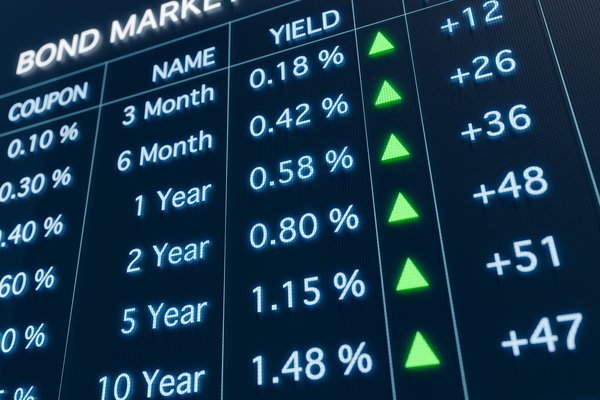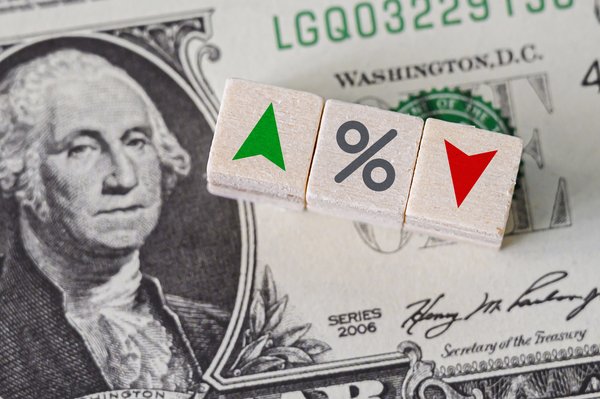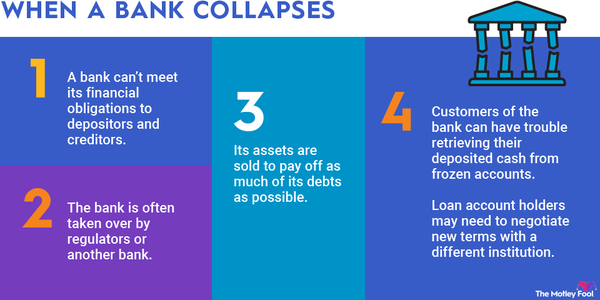B2B is a popular buzzword in the business world. You've probably heard of it, even if you don't know what it means. B2B stands for business-to-business. It may seem like a straightforward concept, but there are a number of implications investors and others should understand about B2B.

What is it?
What does B2B mean?
B2B means more than just business-to-business. It's a way of distinguishing an operation from a B2C business, or business-to-consumer operation. B2B sales often differ substantially from B2C sales. Generally, when a business talks about B2B sales, they are trying to make a distinction between B2B and B2C.
B2B versus B2C
How B2B differs from B2C sales
Whether you're a business owner, a prospective entrepreneur, an investor, or just an interested party, it's a good idea to understand the differences between B2B and B2C. Definitions range regarding the exact market size of B2B and B2C, but according to some estimates, the B2B market is twice as large as the B2C market.
That makes sense since many products, like cloud software (a massive industry), are predominantly sold to businesses rather than consumers. A significant difference between B2B and B2C companies is that businesses tend to have long-term needs.
So, B2B sales are about building and maintaining relationships over time; B2C sales are more focused on a one-time transaction. For that reason, a B2C transaction might be more price-focused. Amazon (AMZN 0.58%), for example, is a primarily B2C business that tries to distinguish itself by focusing on price.
In a long-term relationship, a business customer might have needs they're willing to pay extra to receive. Unlike consumers, the business also has the ability to pass those costs along to their customers.
B2B businesses also typically use marketing tactics that are different from B2C. B2Bs tend to spend heavily on a salesforce that will meet directly with prospective clients, while B2C marketing leans toward more traditional advertising and price competition.
Which is better?
Is B2B better than B2C?
There's no simple answer as to whether B2B is better than B2C. However, B2B businesses do have a number of advantages over B2C. Further, some investors prefer to invest in B2B businesses over B2C ones. B2B sales tend to be less emotional, meaning a good product should rise to the top, even with an imperfect marketing strategy.
B2B also relies on fewer customers who spend more money, meaning it can be easier to ramp up a business, especially if you have access to that customer base. B2C sales, on the other hand, like retail operations, require making a little bit of money from a lot of customers.
In some ways, that can be more difficult and take longer to get established. It will depend on the industry, but B2B businesses often have better margins because they can often compete in a less price-sensitive area.
Related investing topics
An example
One example of a B2B business
One industry where the B2B business model dominates is consulting. Consulting firms, like Deloitte, McKinsey, or Accenture (ACN -1.43%), handle high-priced projects, typically for big businesses that can afford to spend on them.
Like other types of B2B businesses, consulting involves a high price tag, a relatively small set of customers, and a sales process that can be lengthy as customers want to make sure they're hiring the company that's the right fit for them. Thus, the B2B model works well for consulting, as it does in a number of other industries.


